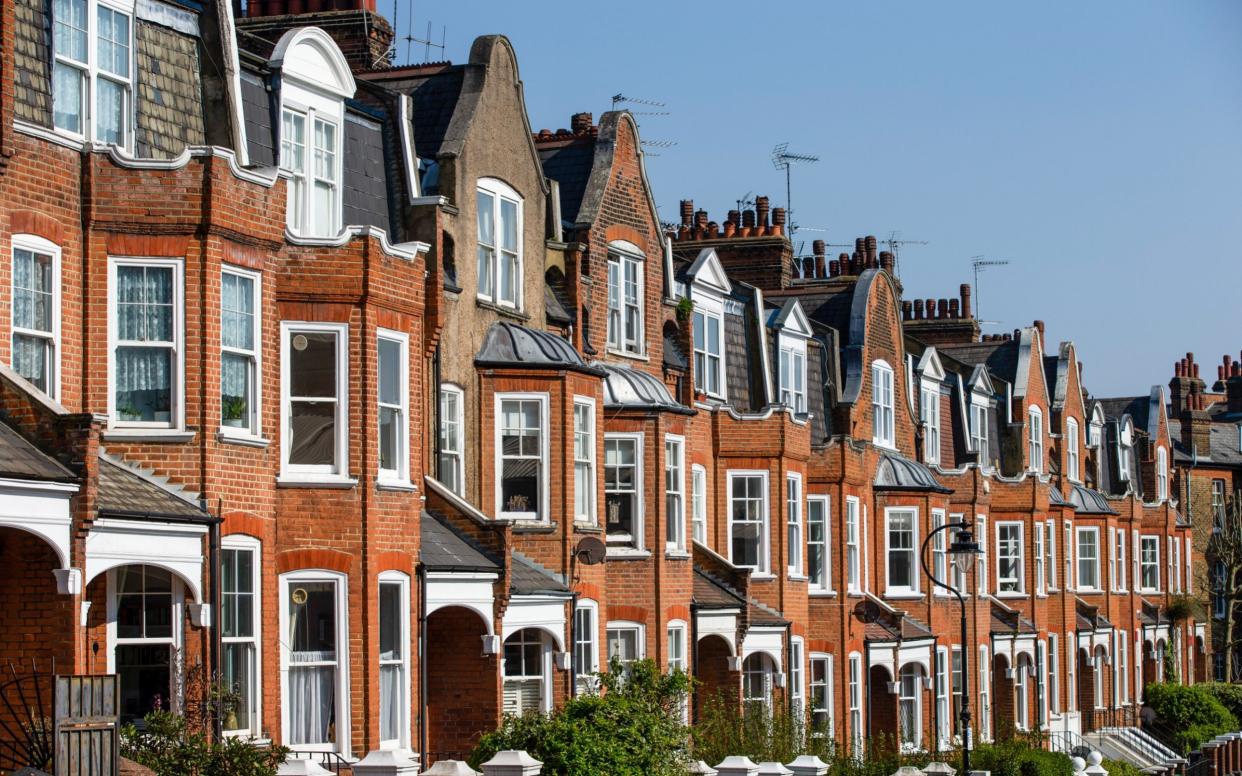Wealth and education gap between north and south has grown despite narrowings in earnings, IFS finds

The wealth and education gap between London and the rest of the UK is widening even though people outside the capital are catching up with their earnings, an Institute for Fiscal Studies (IFS) study has found.
In a report showing the scale of the “levelling up” challenge for Boris Johnson, the IFS found that average earnings in London were still 54 per cent higher than in the North East of England despite the gap having closed in the past 18 years.
This is largely because the narrowing of the north-south divide in people’s earnings has been dwarfed by the growing wealth of Londoners fuelled by rising property prices and stock market gains.
Average property and financial wealth in London and the South East grew 150 per cent and 50 per cent, respectively, in the decade up to 2018. By contrast, it increased by just three per cent in the North East of England.
The IFS also found that three times as many Londoners earned over £50,000 as those in the North East, Northern and Wales - a rate of 30 per cent against 10 per cent outside London.
The education divide between London and the rest of the country is even more stark in education. Even the poorest children in the capital outperformed all children in all but one region in terms of reaching university.
More than half of state school pupils in inner London now go to university, up from 33 per cent in 2005.
By contrast the proportion entering higher education in the south west of England has risen from 29 per cent to just 37 per cent in the same period.
Children receiving free school meals in London are at least twice as likely to go to university as children receiving free school meals elsewhere in the country with the exception of the North West and the West Midlands.
This means they are more likely to go to university than children not receiving free school meals in any other region of the country bar the North West of England.
The downside for Londoners is the high cost of renting and the disproportionately high number who have to rent. This has eroded much of the gain made from their earnings growth.
After accounting for inflation, average full-time earnings in London, the region with the highest wages, have increased by just 1.5 per cent since 2002, compared with 5.6 per cent in the rest of the country.
Rising housing costs have eaten more into the incomes of households in London and surrounding regions than elsewhere.
For example, rents have increased by 43 per cent since 2005 in London, but only 19 per cent in the north east of England.
Inequalities within regions can be larger than those between regions particularly in the south of England. For example, average full time earnings are 53 per cent above the UK average in Kensington and Chelsea in West London and three per cent below it in Barking & Dagenham in East London.
David Phillips, an associate director at IFS and an author of the report, said: “As the government develops its policies to ‘level up’ the country, it needs to take this complexity of economic inequalities into account – and play close attention to the risks and opportunities posed by the impacts of the COVID-19 crisis.”


